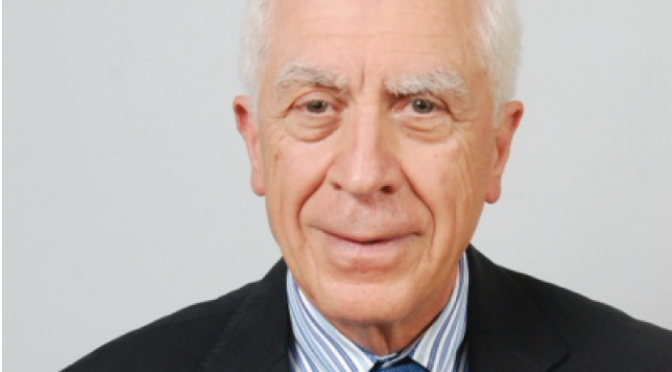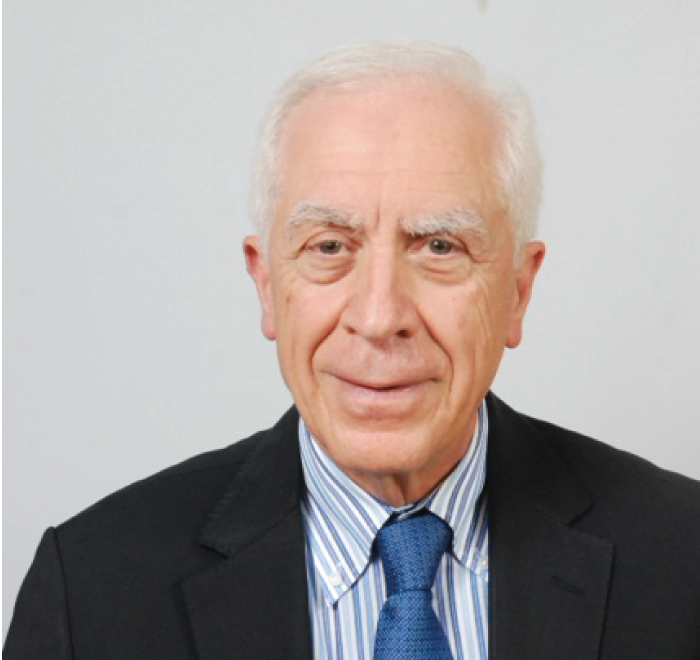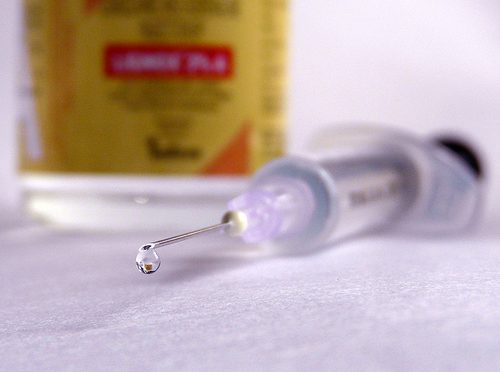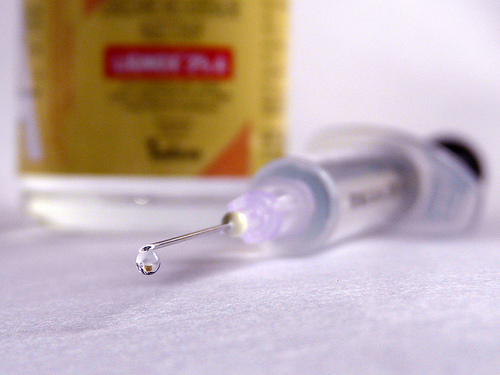Podcast: Play in new window | Download (Duration: 52:27 — 72.1MB)
Subscribe: Spotify | RSS | More
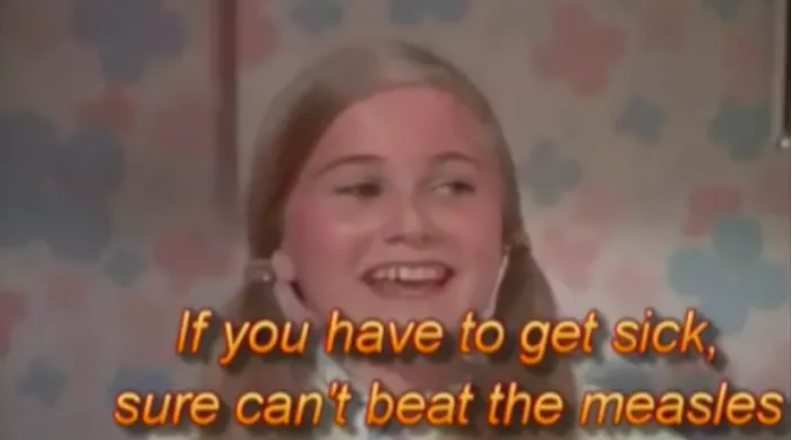
Our charitable mission is supported in this episode by CommonBond. Be sure to pay them a visit to learn more about their new medical school loan, and tell ’em we sent you!
Emma Barr, Miranda Schene, Allison Klimesh, and new co-host Jenna Mullins are all first-years at the Carver College of Medicine. As our co-hosts this time, they’re happy to help answer listener questions! For instance, Tim wrote to us asking about the disadvantaged applicant designation on the med school application, saying he’s hesitant to apply it to himself though on paper he might fit that description. And Mike wrote in to clarify some things about three-year MD degree programs, but he’s also wondering if he might be a good fit for an accelerated path.
This week in medical news, actor Maureen McCormick claps back at anti-vaxxers who are using an episode of the 1960s sitcom The Brady Bunch, which she starred in as Marcia Brady, to support their argument that measles is not that big of a deal.
Which got Dave thinking about the medical dramas of his youth (and beyond), specifically their theme songs. Can his co-hosts Name Those Med Tunes?
Buy Our Merch and Give At The Same Time
We Want to Hear From You
What was your favorite medical drama and why? Call us at 347-SHORTCT anytime, visit our Facebook group, or email theshortcoats@gmail.com.
Continue reading Marcia’s Measley Message Makes Mistaken Moms Mad

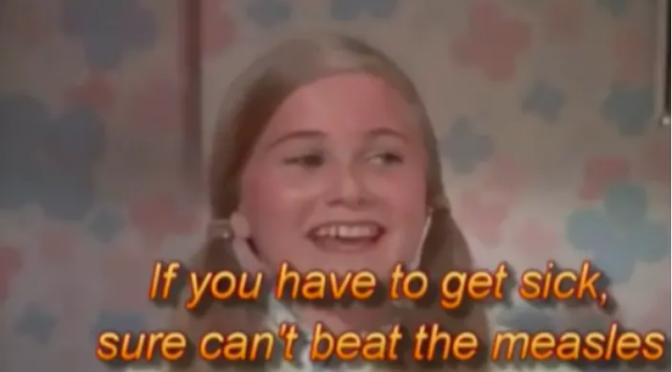








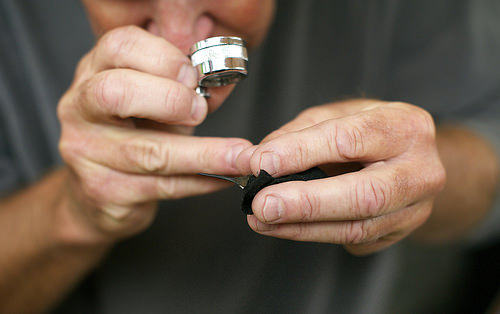

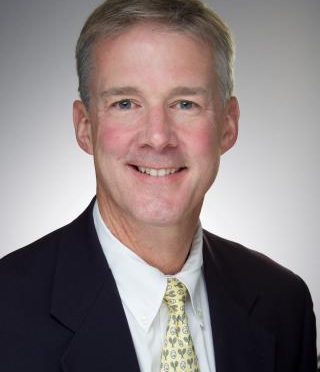
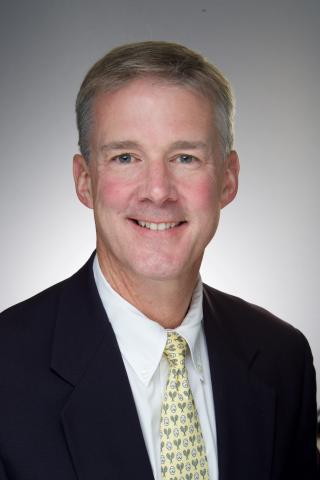

 Here’s a question we get often, in one form or another: will [some aspect of my life to date] hurt my chances for getting into medical school? Kyle Kinder, Irisa Mahaparn, Aline Sandouk, and Hanna Van Ert are here to reassure listener Rachel that, despite her background in medical malpractice law, she’s going to be fine…if she can articulate what she took away from that part of her life.
Here’s a question we get often, in one form or another: will [some aspect of my life to date] hurt my chances for getting into medical school? Kyle Kinder, Irisa Mahaparn, Aline Sandouk, and Hanna Van Ert are here to reassure listener Rachel that, despite her background in medical malpractice law, she’s going to be fine…if she can articulate what she took away from that part of her life.
 Listener Nathan called in to the SCP Hotline at 347-SHORTCT to ask how research works for medical students. Is it necessary? Is it recommended? How do you find research to do? Irisa Mahaparn, Miranda Schene, Emma Barr, and newcomer Nadiah Wabba are on hand to discuss the roles of research in med school, how it can help a residency applications, for which residency applications research is a recommended component, and how it all works.
Listener Nathan called in to the SCP Hotline at 347-SHORTCT to ask how research works for medical students. Is it necessary? Is it recommended? How do you find research to do? Irisa Mahaparn, Miranda Schene, Emma Barr, and newcomer Nadiah Wabba are on hand to discuss the roles of research in med school, how it can help a residency applications, for which residency applications research is a recommended component, and how it all works.